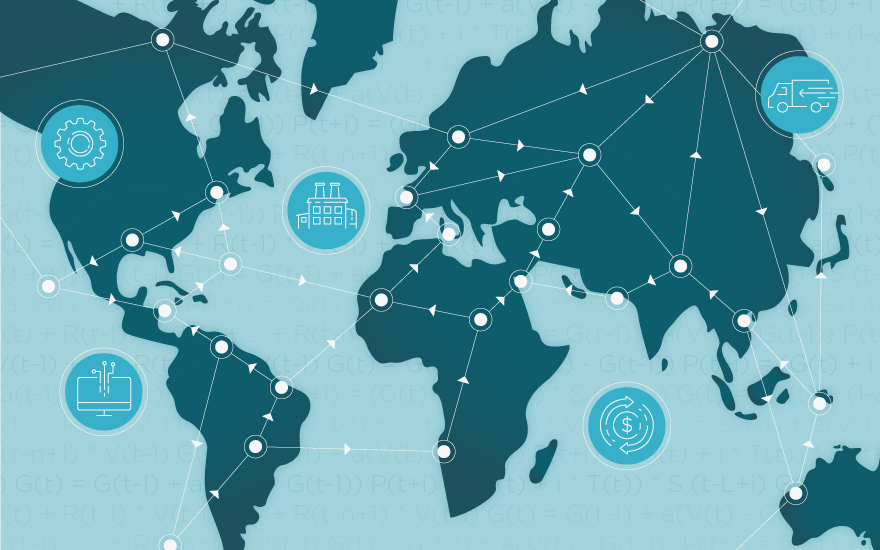

Perhaps the most damaging economic effects of the invasion are the surging energy prices in Europe. The enormous economic cost of the war on both sides (including their allies) will fuel inflation and be a drag on the global economy. The Ukrainian economy is projected to contract by 35% in 2022 because of the destruction caused by the war and the displacement of millions of Ukrainians, according to the World Bank. But rising food and energy prices and shortages know no borders, and are occurring globally. The effects of these wartime disturbances mainly fall on Ukraine’s major trading partners. While some relief came from the lifting of grain embargoes by Russia in July, Russia’s withdrawal from the Black Sea safe passage compact in late October is again jeopardizing global food resources, particularly in developing countries. But Russia’s invasion of Ukraine has made Russia a trading partner pariah, and, due to the conflict, Ukraine exports of grain were initially curtailed or shut down as ports were blocked and grain production fell. Russia and Ukraine account for major portions of the world’s production of wheat, barley, and sunflower oil. Because of developments this year, next year will likely be worse for worldwide supply chains than either 2020 or 2021. These include war, extreme weather, the threat of a global recession, and politics.Īlso-different from the Covid era-inflation, rising interest rates, and the strong US dollar will play a leading role in supply-chain dynamics for the coming year. We adapted by working from home, limiting socialization, and lowering expectations on the resiliency and flexibility of “just-in-time” supply chains.īut the pandemic is slowly fading in the rearview mirror as a cause of supply-chain disruptions, and other factors that surfaced this year are likely to take its place in 2023. Overnight, offices and businesses were shuttered, and supply lines collapsed. Supply chains, which have been tested to their limits in the last few years, will need to continue to increase their flexibility in 2023.Ĭovid-19 took us by surprise in 2020.


 0 kommentar(er)
0 kommentar(er)
